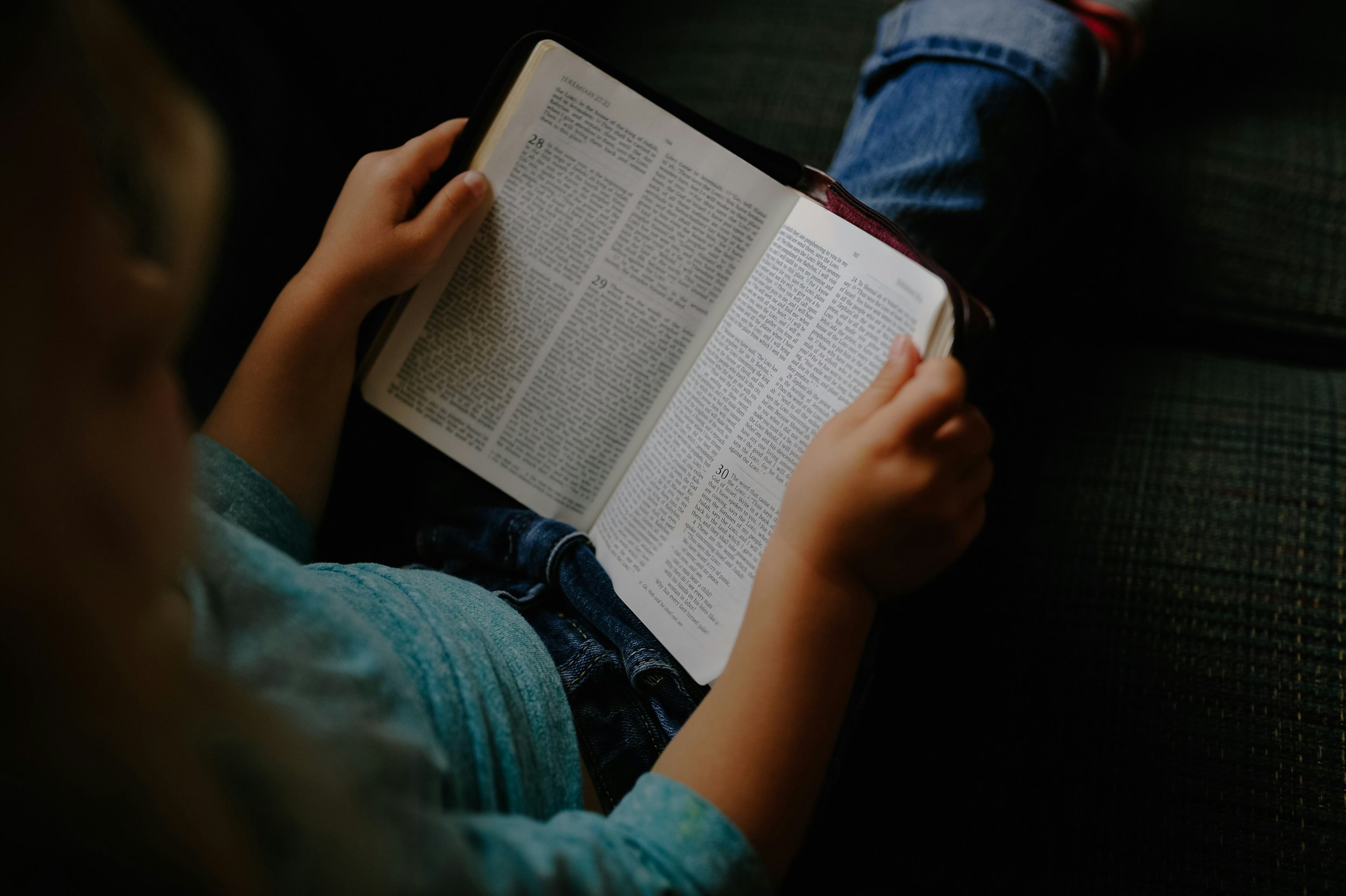
Raising Our Covenant Children
It is a moving experience for a church and especially for parents to witness children make public profession of their faith. This is one of our goals at WRC, to see every one of our children confess the gospel of Christ with their own mouths and thereafter begin receiving the Lord’s Supper as a “professing” Christian. God’s covenant promises are outwardly signified and sealed to them in their baptism, but they must grow to embrace those promises for themselves, just like those children in God’s Abrahamic and Mosaic covenant communities were required to confess the faith with their own lips.
Often, our children grow in faith gradually, as they observe their parents, participate in worship, and develop the natural faculties for a mature faith. A helpful ingredient in their covenant nurture is catechesis, which simply means “instruction,” in the contents of the faith. This is a hallmark of the Reformed tradition, and it occurs in our church through the use of the Heidelberg Catechism, named after the city that produced it in the 16th century – Heidelberg, Germany (pictured above). What follows is an overview of this practice, which has, to our detriment, fallen on hard times in recent years. If you already feel intimidated or leery, please, read on. We proceed at a pace that’s appropriate for each child, and we ensure that the children never put their faith in the Catechism but in the Bible.
God’s Calling for Parents
Just as we would not barge into the Oval Office or a King’s throne room, we await God’s summons and invitation in the Call to Worship. This is a Scripture text that commands us to worship. Given that we are not able to worship God in our own power and strength, we then invoke His help with a short prayer. God responds by greeting us. Thankfully, He greets us in “Grace and peace,” not in justice and the condemnation we deserve, so we sing a song a praise.
Call to Worship
Invocation
God’s Greeting
Song
God Renews His Baptismal Promise
After entering the presence of our Covenant Lord, it’s important that we’re reminded of our standing before God and our identity in Christ. Therefore, we first hear His Law read to us. The Law speaks justice and righteousness, so our ongoing rebellion is manifest. We, then, respond by confessing our sins to Him. Thankfully, God has not left us under the Law. He sent Christ to fulfill its demands for us, so we then hear a reading of Gospel comfort and respond by confessing our faith. Our minister, then, pronounces God’s pardon upon those that trust in Christ, so we answer God by singing His praise and drawing near in a time of intercession. Being washed of our sins in Christ is the promise of Baptism, which promise is renewed during this part of the service.
Reading of Law
Confession of Sins
Reading of Gospel
Confession of Faith
Absolution (aka Declaration of Pardon)
Song of Thanks/Praise
God Speaks His Covenant Word
In our Communion Service, our minister ordinarily preaches through a book of the Bible, in order to teach us more about the covenant that God has made with us. (In our Catechism Service, we learn key doctrines of the Christian faith.) After hearing God’s word read and preached, we respond by praying and singing. Again, God’s word drives our response of prayer and song.
Prayer for Illumination
Scripture Reading
Sermon
Prayer of Application
Song
God Speaks His Covenant Word
Finally, we turn our attention toward the Lord’s Table. This begins with our longest prayer of the service, the Prayer of Intercession. This focuses on those who are outside our particular church – our governing authorities and society, the Church catholic, unbelievers, and those who are suffering. We ask the Lord to gather all sinners to the heavenly banquet, which we are about to receive a foretaste. The Supper is another administration of God’s word, and, like Baptism, it is a visible message to us; we refer to it as the “visible gospel.” It is a sign and seal of the covenant that was just preached, once again directing us to the comfort we have in Jesus Christ. Our celebration of the Supper is joyful, instructive, reverent, and prayerful. At the close of our worship, the Lord sends us forth with His blessing in the Benediction. Just like God had the first word in our worship, He also gets the last word. After all, He is the Covenant Lord, and we are mere servants.
Prayer of Intercession
Lord’s Supper
Song
Benediction
